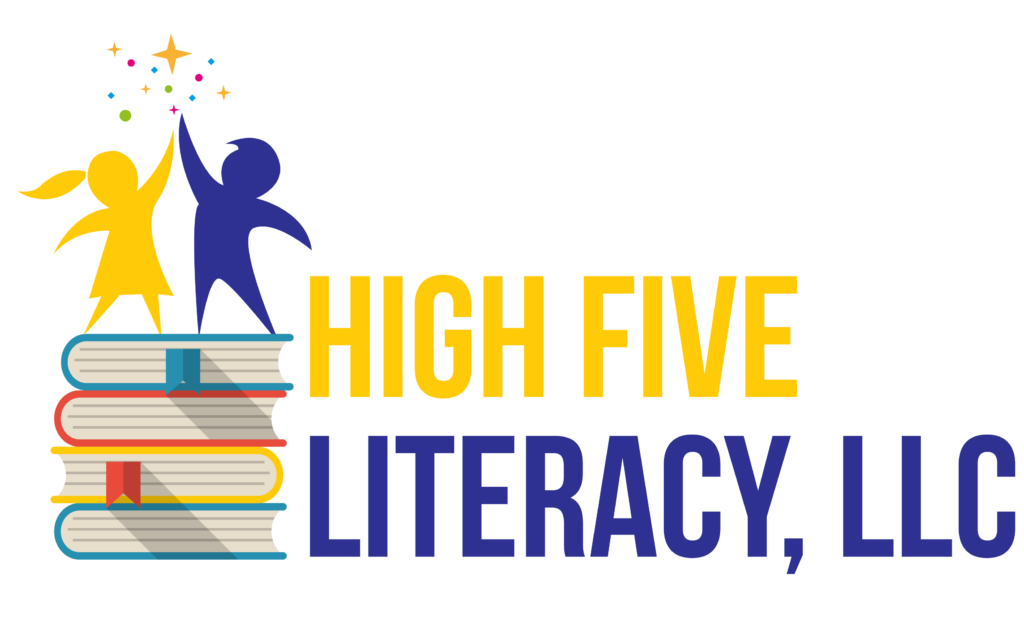Having followed and been a fan of E.D. Hirsch, Jr. and his Core Knowledge Foundation for  years, I knew that his latest book, Why Knowledge Matters – Rescuing Our Children from Failed Educational Theories, was a book I had to read! His convincing argument, based on empirical evidence, reveals that reading comprehension is not a skill that can be taught in isolation. Reading comprehension is developed through years of building a base of knowledge, beginning in early childhood. I believe in this theory whole-heartedly and would hope that his latest book will prove to educators that teaching comprehension skills has a limited impact on achievement, especially when students reach high school.
years, I knew that his latest book, Why Knowledge Matters – Rescuing Our Children from Failed Educational Theories, was a book I had to read! His convincing argument, based on empirical evidence, reveals that reading comprehension is not a skill that can be taught in isolation. Reading comprehension is developed through years of building a base of knowledge, beginning in early childhood. I believe in this theory whole-heartedly and would hope that his latest book will prove to educators that teaching comprehension skills has a limited impact on achievement, especially when students reach high school.
Hirsch believes that “listening ability in early grades is the key to reading ability later on. In listening, the young mind does not have to be slowed down by the new chore of decoding, and so can learn new words and concepts efficiently. Reading aloud to children and classroom discussion should play a big role in the early grades.” According to Hirsch, early phonics training should be kept separate from having children listen to and discuss literature and other content-rich subject matter. He emphatically states, “Reading and writing (decoding and encoding) should be taught efficiently, but the knowledge children gain should not be constrained or slowed down by what they are able to decode from the printed word.” Phonics alone will not produce improvement in comprehension when grappling with complex texts and topics; however, he states, “… once decoding has been mastered and fluency attained, relevant knowledge becomes the chief component of reading skill.” Having background knowledge of a topic allows for a deeper experience, and hence, higher comprehension.
The lack of growth in reading comprehension of high schoolers can be partly attributed to the leveled readers they were given as children in elementary school. Placing children in leveled readers, he argues, does not give a true depiction of what children can understand. Research by Hirsch and Tim Shanahan, a highly respected professor of literacy and a national speaker, has shown that there is no firm scientific basis for using leveled readers to build reading comprehension, develop deep student interest, or make better readers. Practicing fluent and accurate decoding in kindergarten, first, and second grade, while at the same time, trying to grasp the text’s meaning, overloads working memory. At that age, exposure to content and vocabulary that is rich and meaningful should be taught through read-alouds, projects, and the arts. Yet, most schools across the country continue to use leveled classroom libraries.
Hirsch also delves into preschool gains and how these gains are lost in elementary school unless there is knowledge-based schooling in these grades. He uses the term, “fadeout,” to describe how “vocabulary gain is an incremental process, requiring multiple exposures to a word in multiple contexts, and without reinforcement over time, the word will not get fixed in the mind.” Not surprisingly, research shows that children from disadvantaged homes who attended quality early childhood programs do not sustain early progress if their school curriculum is devoid of content. By third grade, those students tend to perform at the same levels as children who did not attend preschool.
I believe Why Knowledge Matters is an important book to read for anyone concerned about the state of education today and should explore E.D. Hirsch’s other books, such as The Knowledge Deficit and Cultural Literacy. It has been ten years since The Knowledge Deficit was published, and we are in no better shape today. Maybe this time the education establishment will listen.
Faith Borkowsky, Owner and Lead Educational Consultant of High Five Literacy and Academic Coaching, is a Wilson Certified Practitioner and Orton-Gillingham trained, and has extensive training and experience in a number of other research-based, peer-reviewed programs that have produced positive gains for students with dyslexia, auditory processing disorder, ADD/ADHD, and a host of learning difficulties.
High Five Literacy and Academic Coaching is located in Plainview, Long Island. Read about what we can offer you and your child: http://highfiveliteracy.com.
*If you found this post informative or interesting, please follow my blog by entering your email in the space provided, or LIKE us on FaceBook @highfiveliteracy
